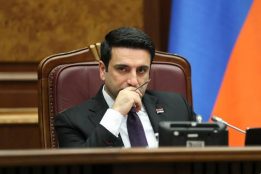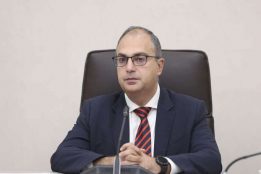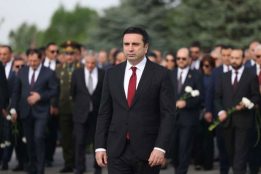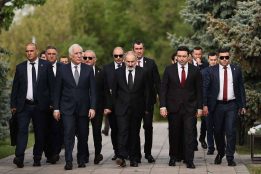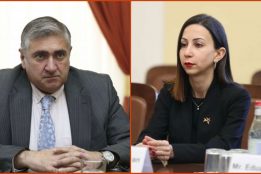Thomas de Waal touched upon integration prospects in the South Caucasus. Find the summary of the article below.
This essay reviews failed historical attempts at regional integration in the South Caucasus since the early twentieth century, and in particular the failed Transcaucasian federations of 1918 and 1922–1936 and the breakdown of Soviet economic integration in the region. It argues that there is much that makes the South Caucasus a viable region in terms of geography, culture and economic potential, but political contradictions and persistent perceptions of insecurity make for a pattern of recurring fragmentation. Both Caucasians and outsiders have a role to play if voluntary integration is to work as a project in the future.
THE PLACE THAT USED TO BE THE TRANSCAUCASUS and which is now called the South Caucasus presents a paradox in that it can be plausibly described both as a region and as not a region. The debate over this definition is not merely a theoretical one and raises fundamental questions about how the problems of the South Caucasus should be addressed. Is regional integration an inherently flawed strategy, or has it merely been wrongly applied, or has it faced obstacles that were too great? In answering these questions, it is instructive to look at the attempts to achieve overarching regional integration that were attempted in the last century—the shortlived Transcaucasian Federation and the looser Soviet Transcaucasian Federative Republic of 1922–1936, as well the integrationist processes of the Soviet period as a whole—and understand why they failed. A broader look at the repeating historical patterns suggests that exclusive national projects tend to overwhelm regional ones and that recurring problems of insecurity undermine integration projects.
Despite its history of disorder and disintegration, there is a strong case to be made that the South Caucasus does constitute a region and outside policy makers should treat it as such—although without trying to impose overly rigid limits on how the concept should be applied. This is not a universally shared view. Some argue that the concept of a South Caucasus region is merely a post-colonial legacy, a construction that has outlived its historic usefulness. Some scholars prefer to locate Armenia, Azerbaijan and Georgia within a wider context, by putting an emphasis, for example, on a ‘wider Black Sea region’ (Cornell et al. 2006). Most policy makers in foreign ministries tend to see their relationship with the region as three bilateral official relationships with Baku, Tbilisi and Yerevan, paying little attention either to the three de facto breakaway states of Abkhazia, South Ossetia and Nagorno-Karabakh or to the South Caucasus regional dimension. Yet I want to make the argument that, although the boundaries of the South Caucasus are blurred and its identities are varied, it does make sense to talk about it as a region and to encourage efforts for consensual regional integration…
Essay originally published: http://carnegieendowment.org/files/Broken_Region.pdf

















